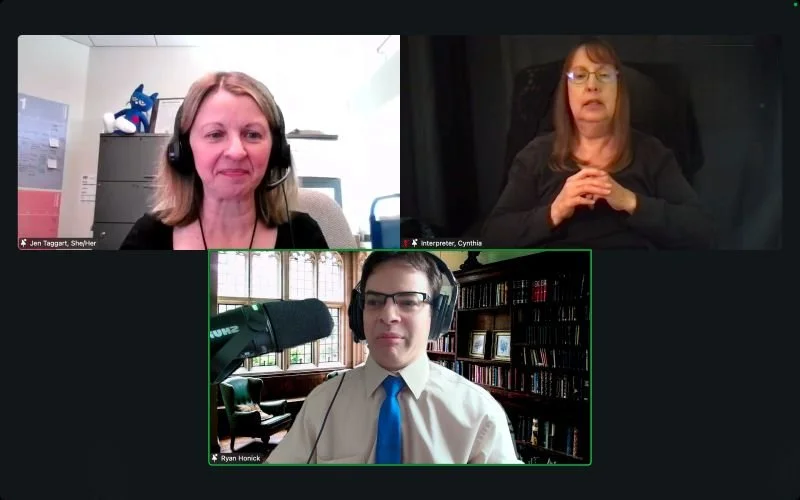A colorful and abstract digital artwork depicting a judge's gavel. The gavel is stylized with splashes of vibrant paint in shades of yellow, green, blue, purple, orange, and black, creating a dynamic, graffiti-like effect. The background is a chaotic blend of splattered colors, giving the image an energetic and bold appearance
As someone who uses assistive technology on a daily basis, I understand the value of true accessibility. Overlays purport to perform magic, but instead simply render many websites unusable, particularly for people with screen readers or those using other assistive devices. That’s why the recent $1 million Federal Trade Commission fine against accessiBe is not just a headline — it’s a landmark moment for digital accessibility.
The Federal Trade Commission revealed accessiBe’s deceptive practices, which included paying reviewers to talk about its products. Samuel A.A. Levine, the director of the F.T.C.’s Bureau of Consumer Protection, said in the statement, “Companies seeking assistance to make their websites [accessibility] compliant need to be able to trust that products do what they promise.” When they fail to do so, everyone loses — and so does the disability community.
Advocacy groups have been ringing the alarm for years. National Federation of the Blind condemned accessiBe’s business practices as “disrespectful and misleading” and more than 400 accessibility advocates signed an open letter imploring businesses to abandon automated overlays. And the risks for companies? Huge. In 2021, over 400 organizations utilizing accessibility widgets were sued over non-compliance with accessibility standards.
This isn’t just about the failings of one company; we need to rethink our whole approach to accessibility in the digital age. You might think overlays are the solution, but the reality is, there are no shortcuts to inclusion. Real accessibility is the result of audits, user testing with people who have disabilities and compliance with WCAG standards. It’s not just about keeping away from lawsuits — it’s about building an internet that benefits everyone.
The FTC’s action should be a wake-up call. Convenience should not come at the expense of inclusion, transparency, and accountability — so it’s time for businesses to prioritize it.
FTC orders AI accessibility startup accessiBe to pay $1M for misleading advertising










